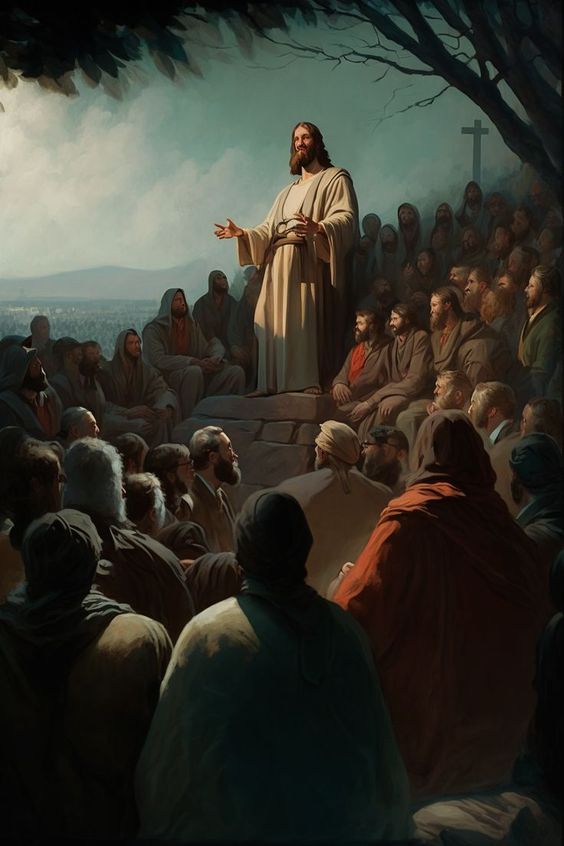The rise of ethics in the tech industry has prompted discussions that often circumvent religion, leaning instead toward secularism. C.O.H.A.©
The tech industry, stereotypically secular, typically discourages open expressions of traditional belief systems. However, some individuals, both within and outside the tech industry, are engaging with the ethical and existential implications of AI.
While many technologists prefer to develop their belief systems rather than adhering to traditional religions, their personal beliefs inevitably influence the technologies they create.
As the development of advanced AI progresses, questions arise about the potential consequences of these technologies, such as the potential for AI to disrupt society.
Traditional religions are sometimes viewed as outdated or restrictive in the tech industry, leading to a more secular approach to spirituality.
Some tech companies incorporate secularized forms of traditional religiosity into their corporate culture, while others establish employee resource groups for spiritual communities.
The tech industry has discovered that it can offer a sense of connection and purpose to its employees, replacing traditional spirituality with corporate culture. However, this dangerous trend has emerged, dangerous in part, due to growing concerns about the ethical implications of AI, including bias in algorithms and the potential for misuse.
AI is becoming increasingly embedded in daily life, influencing various decisions, from what we purchase to who we date. Despite its ubiquity, AI is often portrayed as a mystical invention, rather than a product of mathematical equations. AI is, at its core, a complex mathematical system, but it is often discussed as if it were something beyond human comprehension. Which inherently is a problem.
AI, much like religion, categorizes and organizes the world into distinct groups and patterns. In both cases, individuals are either part of the group or outside of it, saved or damned. AI creates categories and functions within those categories, similar to how religious systems define believers and non-believers.
AI continues to evolve; it raises questions about its role in spirituality and its perceived ability to replace traditional religious institutions. While AI can provide answers to some questions, it can never fully replace the spiritual church of Jesus Christ, which offers a unique and deeply needed personal connection to faith and spirituality that transcends the capabilities of technology.
C.O.H.A.©








Comments
Post a Comment